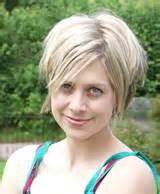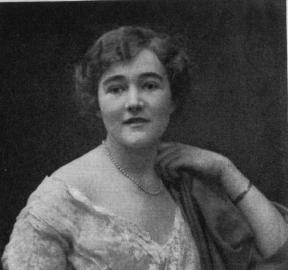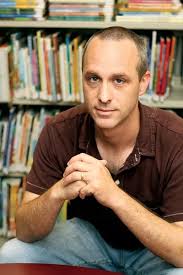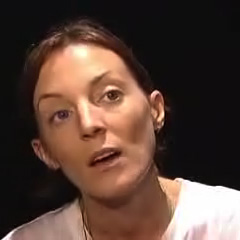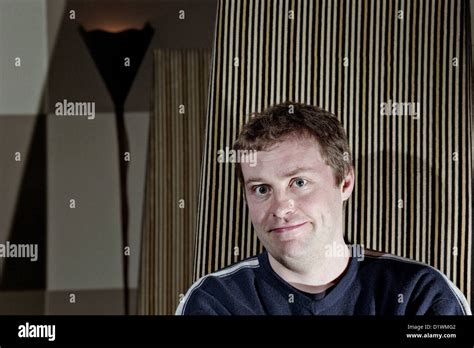A Quote by Hermann Hesse
I suddenly saw how sad and artificial my life had been during this period, for the loves, friends, habits and pleasures of these years were discarded like badly fitting clothes. I parted from them without pain and all that remained was to wonder that I could have endured them so long.
Related Quotes
The fire of my tribulations had not simply been pain to be endured. It had been an agent of transformation. After all that I'd been through, I'd changed. Not for the worse, I was pretty sure--at least not yet. But only a moron or a freaking lunatic could have faced the things I had and remained unfazed by them.
There was a period of a few months, however, when I had a dreadful physical pain. I had just started writing a particular section of the novel and was initially worried that it would affect my work. I was woken by awful nightmares; I saw several doctors, tests were performed, nothing came of them, and the medics were mystified.It was two days after I finished writing the section that the penny dropped. The pain had suddenly disappeared and so too had the nightmares. I'd got things muddled. The pain and the nightmares were both psychosomatic.
I wrapped my arms around me as tightly as I could, and stared up at the stars. Had I not been so cold and wanting to escape so badly, I could have stared at them forever: They were amazingly beautiful, so dense and bright. My eyes could get lost up there if I left them looking long enough. [...] They swallowed me up. They were like a hundred thousand tiny candles, sending out hope.
The first step to the knowledge of the wonder and mystery of life is the recognition of the monstrous nature of the earthly human realm as well as its glory, the realization that this is just how it is and that it cannot and will not be changed. Those who think they know how the universe could have been had they created it, without pain, without sorrow, without time, without death, are unfit for illumination.
But I still wonder how it was possible, in those graceless years of transition, long ago, that men did not see whither they were going, and went on, in blindness and cowardice, to their fate. I wonder, for it is hard for me to conceive how men who knew the word "I," could give it up and not know what they lost. But such has been the story, for I have lived in the City of the damned, and I know what horror men permitted to be brought upon them.
We saw the strong trees struggle and their plumes do down, The poplar bend and whip back till it split to fall, The elm tear up at the root and topple like a crown, The pine crack at the base - we had to watch them all. The ash, the lovely cedar. We had to watch them fall. They went so softly under the loud flails of air, Before that fury they went down like feathers, With all the hundred springs that flowered in their hair, and all the years, endured in all the weathers - To fall as if they were nothing, as if they were feathers.
In the candle's flickering light, the library's thousands of books emerged from the shadows, and for a moment Nicholas could not help admiring them again. During free time he had almost never looked up from the pages he was reading, but now he saw the books anew, from without rather than from within, and was reminded of how beautiful they were simply as objects. The geometrical wonder of them all, each book on its own and all the books together, row upon row, the infinite patterns and possibilities they presented. They were truly lovely.
It was a struggle for a long time. My parents were rightly cautious, in the sense that they were like, "We want you to do what you want to do. We just also want you to not have to sleep on an air mattress for the rest of your life." What was beneficial for me was that I did everything I could to let them be a part of my life and show them how seriously I took comedy. This is my way of helping people and contributing something to society, and I'm doing everything I can to be as funny as possible without embarrassing them. They're proud now.
Wonder was the grace of the country. Any action could be justified by that: the wonder it was rooted in. Period followed period, and finally the wonder was that things could be built so big. Bridges, skyscrapers, fortunes, all having a life first in the marketplace, still drew on the force of wonder.
I thought I was the center of the world and that my parents had nothing to do with me, and I regret that. I wish I had been a little kinder to my family and been friends with them and let them into my life and shared with them the things I was doing rather than feel like I needed to do my life in secret.





